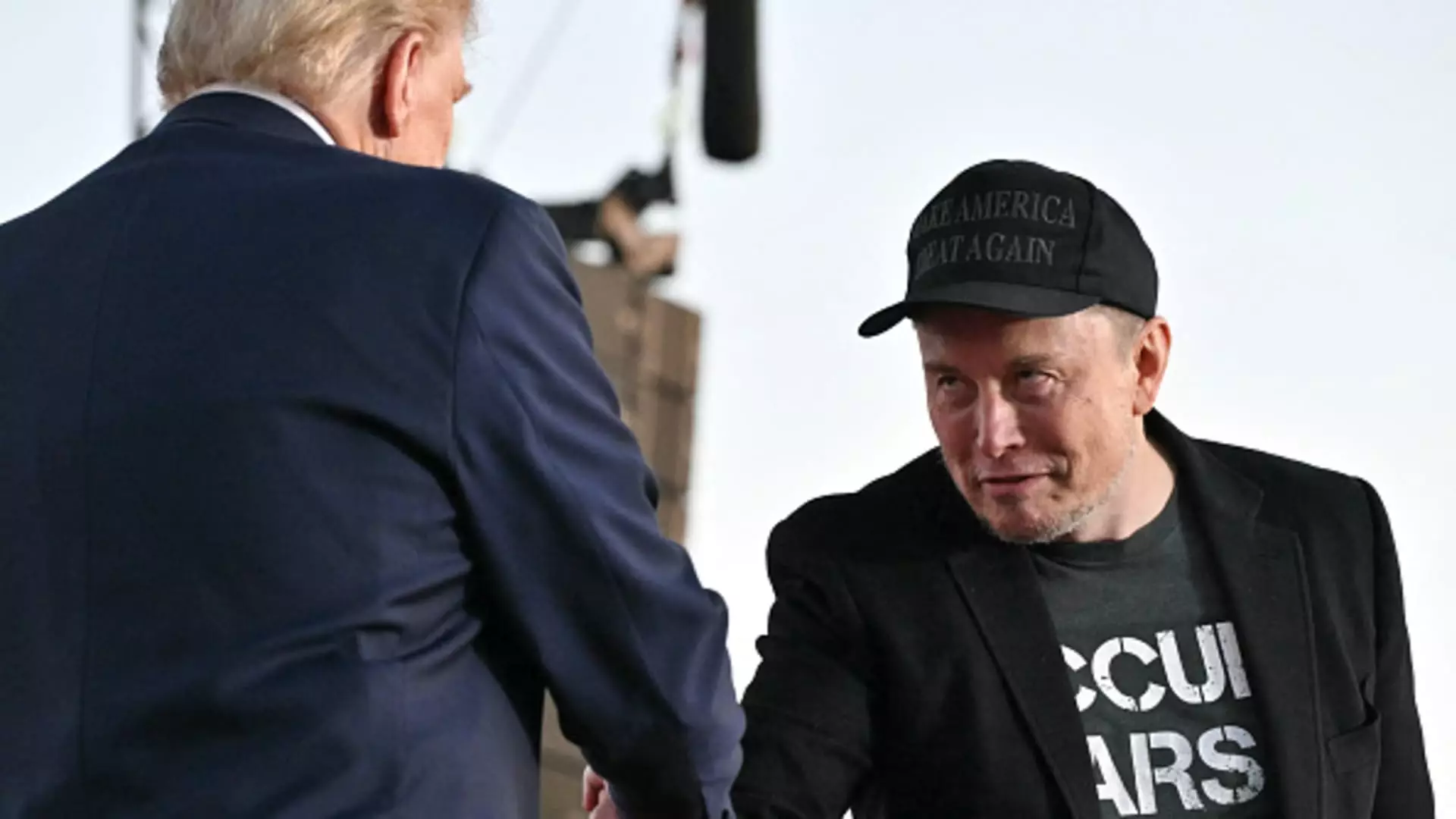The unexpected endorsement of presidential intervention in Federal Reserve policy by tech mogul Elon Musk has introduced a provocative element into American economic discourse. Musk’s endorsement came in response to Sen. Mike Lee’s tweet advocating for a more presidential role in Federal Reserve operations, where he merely posted a “100” emoji, signaling his agreement. This brief but significant comment echoes growing sentiments within certain political circles aiming to challenge the traditional independence of the Fed, which has historically been shielded from direct presidential influence to ensure that monetary policy remains objective and focused solely on economic health.
The Federal Reserve was established to mitigate political pressures that could lead to reckless fiscal decision-making. The institution operates with a level of autonomy intended to safeguard the economy from fluctuating political agendas. Historically, presidents have respected this boundary, understanding that effective monetary policy requires a degree of separation from political whims. However, as seen during Trump’s first term, this reverence for the Fed’s independence has waned, partly due to the former president’s open criticism of Fed Chair Jerome Powell, which raised eyebrows among economists and policymakers alike.
A Trump administration poised to exert greater influence over the Federal Reserve could pave the way for profound shifts in monetary policy. Trump’s remarks earlier in the 2024 campaign, emphasizing the need for the president to have a voice in Fed operations, reveal an intention to disrupt long-standing economic norms. The implications of such a power dynamic are vast, as political motivations may increasingly override economic rationale, potentially jeopardizing the credibility of the Fed and destabilizing investor confidence.
The concept of accountability within a democratic framework often clashes with the necessity for economic autonomy. While advocates of a more presidentially controlled Fed argue that such a move could foster stronger economic stimulus, the risks associated with politicizing monetary policy are considerable. If policymakers prioritize immediate political outcomes over long-term economic health, the integrity of the central bank could suffer. A loss of faith in the Fed’s impartiality might lead to volatility in financial markets and a general skepticism among international observers regarding the stability of the U.S. economy.
The endorsement of a diminished role for the Federal Reserve is not merely an isolated sentiment but a reflection of a broader challenge to traditional economic governance. As the landscape evolves, we must critically assess how leadership changes may influence the economic policies that have shaped the nation. The call for a reimagined relationship between the president and the Fed underscores the urgency for ongoing discourse about the nature of economic independence and leadership accountability moving forward. With the weight of voices like Musk’s joining this conversation, understanding the potential repercussions on the fabric of American economic policy is crucial for all stakeholders.


Leave a Reply